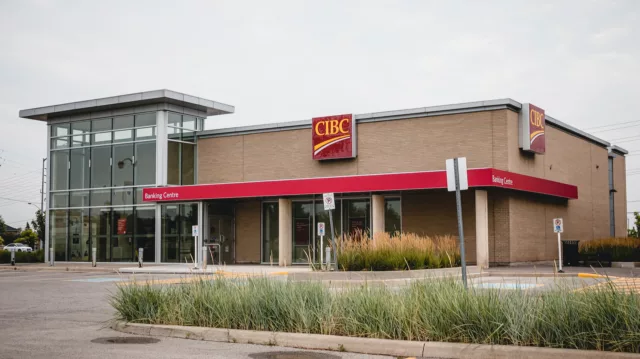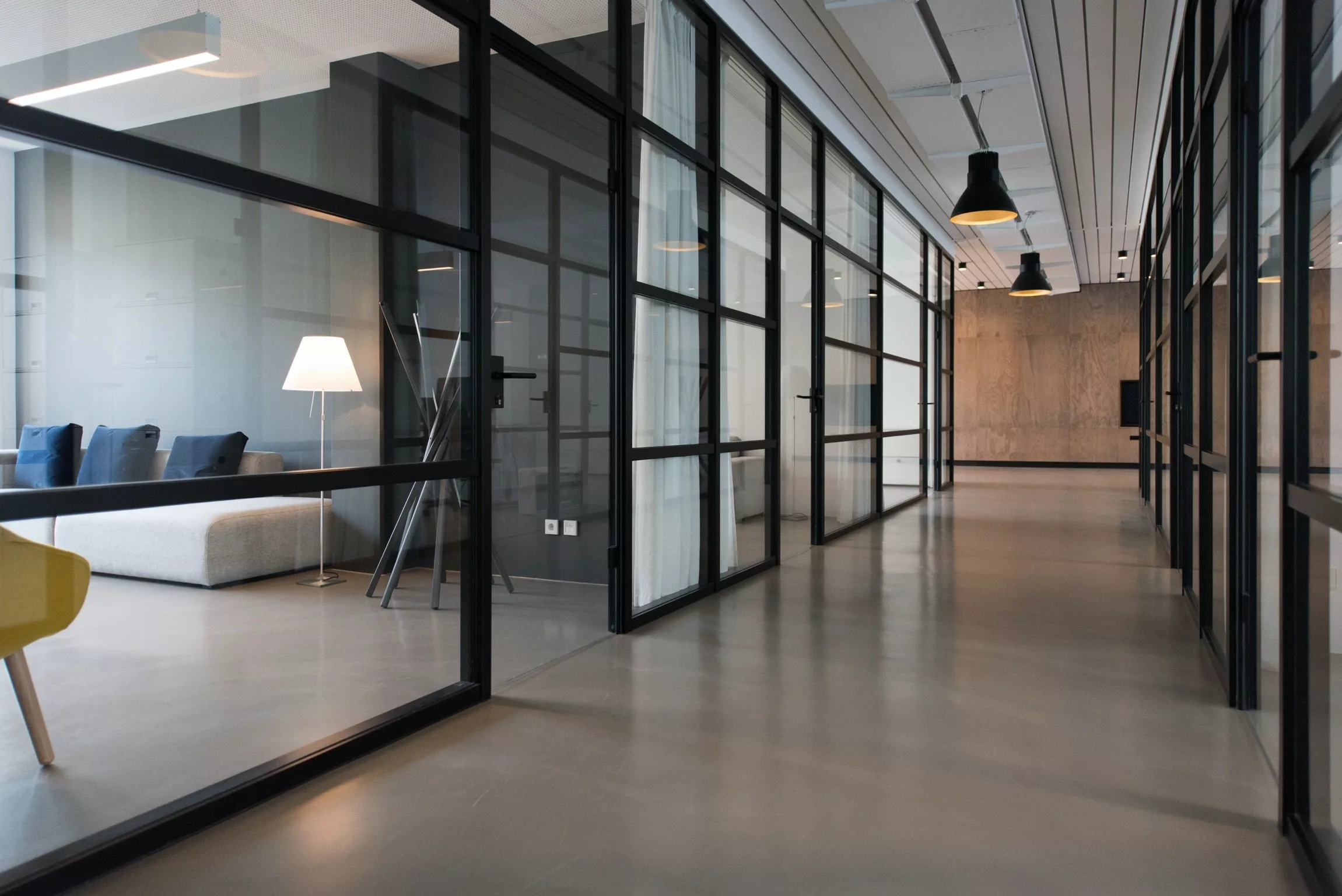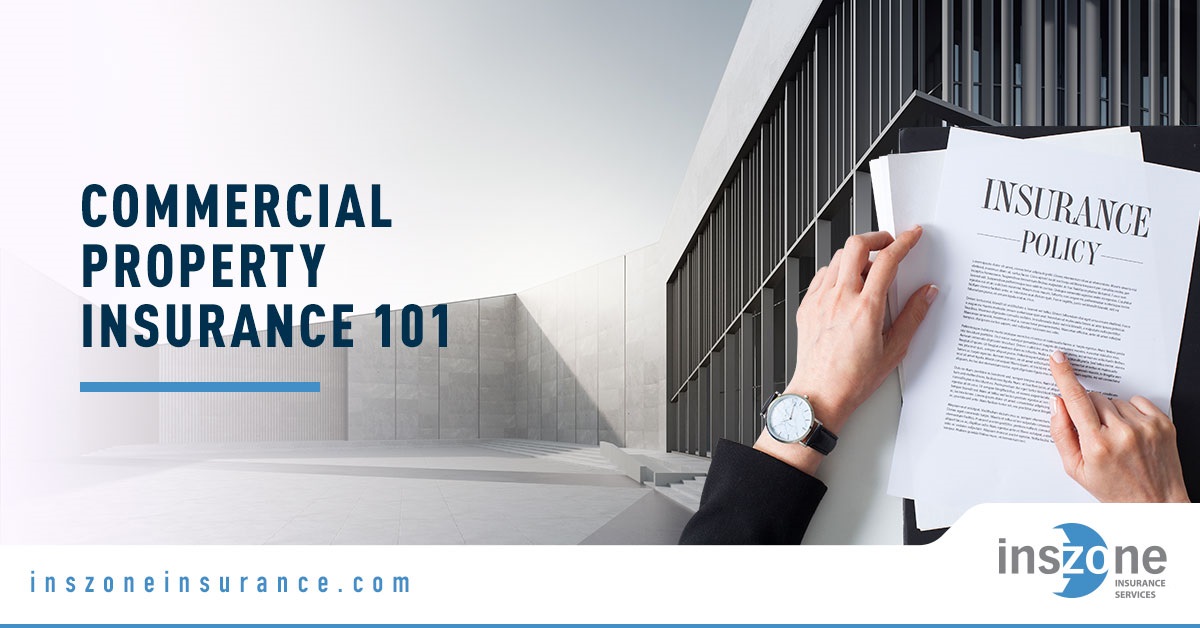Property insurance is essential if you own commercial property that you rent out to other business owners or use for your own business. Commercial property insurance covers the structure itself like buildings and factories; including the exterior and interior walls, roof, and ceiling of your property and in some cases, it covers appliances, machinery, and floor covering – if these items are built-in and permanent parts of the property.
How Commercial Property Insurance Works in 2025
Fire, flooding, theft or accidental damage are unfortunate incidents that could not only damage or destroy your property but could also devastate your business. Commercial property insurance reimburses you for damaged or lost equipment, inventory and other property. This insurance coverage should be part of any business’ risk management strategy regardless of industry.
To maximize your coverage, you can modify your commercial property insurance coverage to protect almost every physical asset that your business owns. A commercial property insurance policy can protect against the cost of replacing lost or damaged property such as:
- Furniture and fixtures which include chairs, appliances, desks and general supplies.
- Equipment such as computers, machineries and tools.
- Inventory which can include food and perishable items.
In the case that your business operates out of your residence, you would still need to purchase commercial property insurance since homeowners’ policies do not usually cover lost or damaged business equipment.

Tips for Choosing a Commercial Insurance Plan
Whether you are a new or an existing business owner it is imperative to purchase a commercial property insurance policy now to protect yourself from any unforeseen events that can occur on your property.
Here are some good tips to help you choose a commercial property plan that will suit your needs:
1. Understanding Tax Implications
Talk to your insurance agent on how you can save further on your taxes by purchasing insurance coverages as it is tax deductible. No matter where you live or where your property is located, you can take advantage of many federal tax deductions that are made available to commercial property owners across the United States.
2. Consider an Insurance Bundle
There are many additional coverages that insurance carriers can offer including flood insurance, tornado insurance, and fire insurance. All of which could be purchased individually. However, if you bundle your insurance coverages together, there is a good chance that you could save money along with obtaining better protection for your commercial property.

3. Be Mindful of Unexpected Costs
Some insurance carriers or agents may neglect to clarify all of the costs and variables upfront which could lead to you paying for a high-deductible insurance plan. Meaning, in the event of a claim, you would have to pay a substantial amount out-of-pocket before your insurance would kick in. This is not an optimal situation.
While deductibles are a standard part of property insurance, the out-of-pocket cost for the deductible varies from policy-to-policy and should be discussed in full at the time of signing to insure complete transparency of the costs.
4. Getting Multiple Quotes
Obtaining quotes from several insurance companies before making your decision can not only help you save money, but it can also provide you with better coverage. However, shopping different insurance companies is time consuming and exhausting, your time is valuable! Working with an independent insurance agency will give you access to multiple insurance rates from different insurance companies, all while only having to deal with one agent contact.
5. Learn the Jargon
It pays to learn the language. It might be daunting or complex but as you master key definitions, it will make choosing an insurance policy and coverages easier. Take some time to brief yourself on the key terms used by the insurance industry. For instance, knowing the difference between premiums, excess and deductibles will help to streamline the insurance process for you.
It can be quite tricky to determine just how much commercial property insurance coverage you would need. Insurance agents can help you work out the risks associated with your building and tenant types and can advise you on the appropriate coverage limits for your business.
A common misconception is that going through an independent insurance agency costs more for the customer in the end. This, however, is not true. Often, independent insurance agents have access to unique deals, insurance packages and other offers which are not readily available to customers directly. Independent insurance agents also provide experience and invaluable insight into what other coverages and carriers you might want to consider.

A few changes that affected Commercial Property Insurance for 2024:
-
Market Conditions and Trends:
- The commercial insurance market has experienced a hardening trend since around 2019. This means that premiums have increased, and capacity has reduced.
- Despite the challenges, there are opportunities for growth and prosperity. Economic conditions remain strong, and agents and brokers who effectively serve existing clients and assist new businesses are well-positioned for success.
-
Stable Outlook for U.S. Commercial Lines:
- AM Best predicts a stable outlook for U.S. commercial lines in the year ahead.
- Underwriting performance has been strong, even during and after the pandemic. Carriers remain disciplined about risk selection and terms.
- Strictly higher fixed income reinvestment rates have bolstered operating profitability, especially in long-tailed casualty lines of business.
-
Specific Rate Expectations:
- For non-catastrophe properties with minimal loss history and good risk quality, rate increases are expected to be 5% to 15%.
- CAT-exposed properties with minimal loss history and good risk quality may see 15% to 30%+ rate increases.
- Risks with poor loss history or poor risk quality could face 15% to 30%+ rate increases.
-
California Non-Renewals:
- In California, policyholders are protected by law. Insurance companies must notify them of rate increases exceeding 25% at least 45 days before renewal. This allows ample time for review and reassessment of insurance needs.
-
Pricing Expectations:





